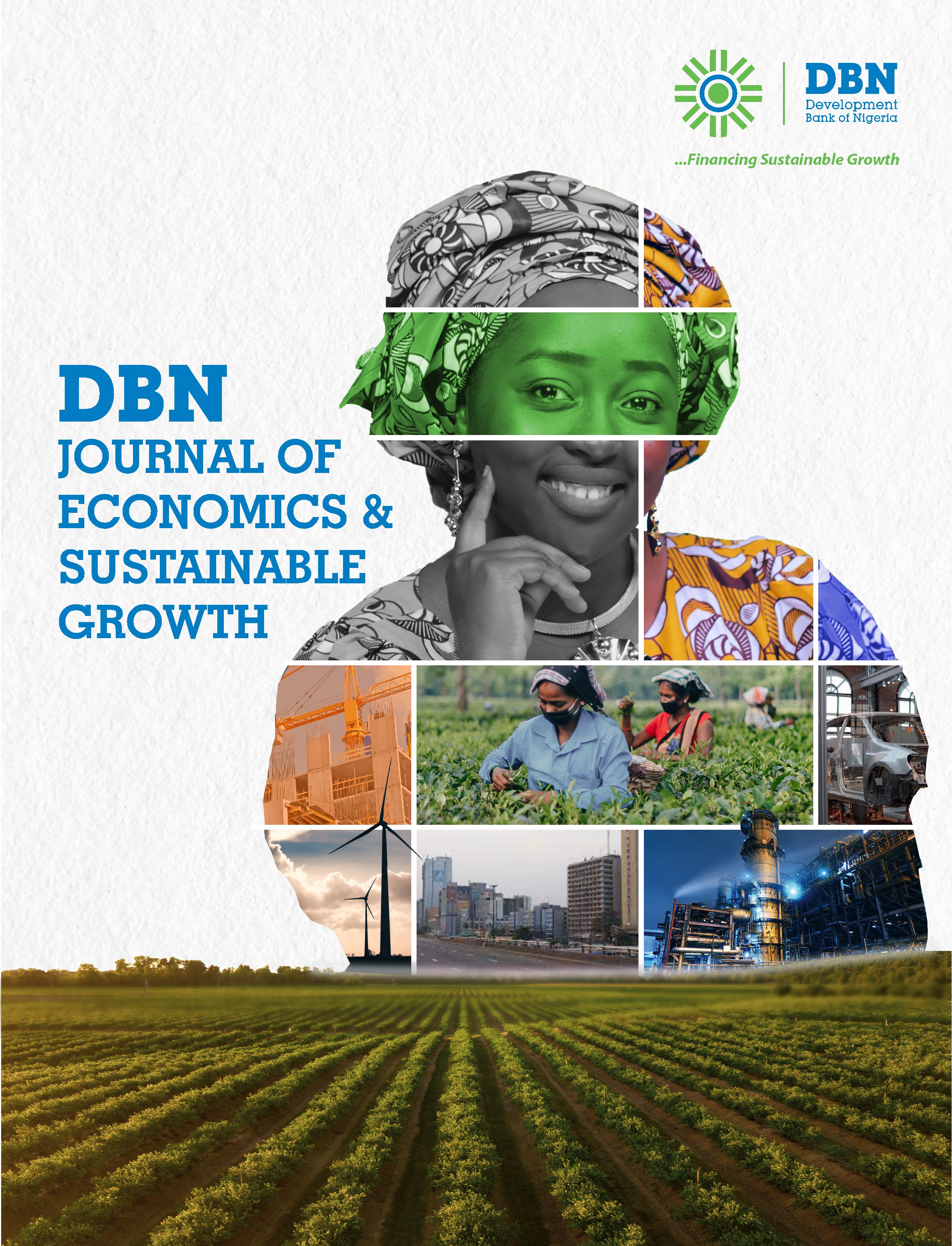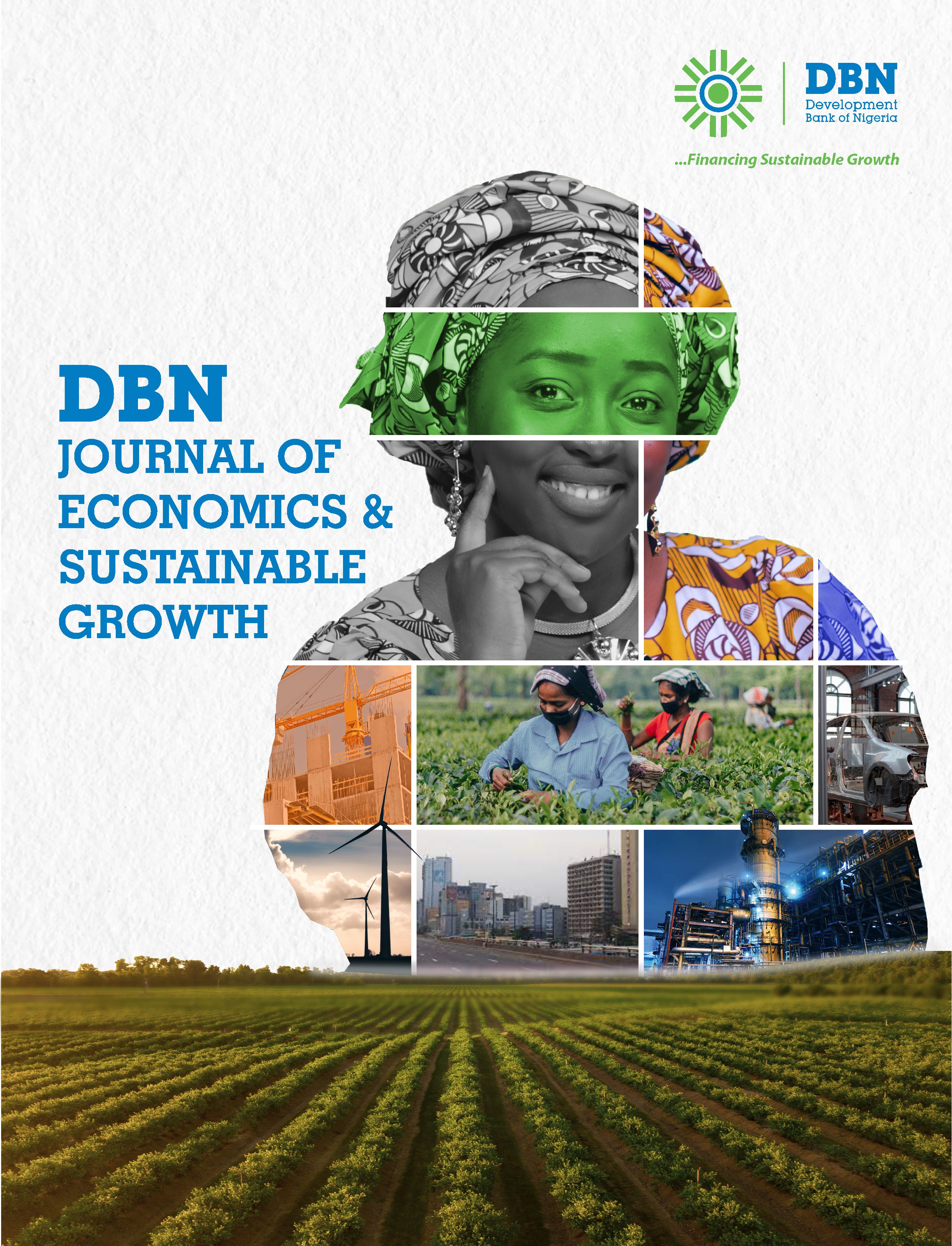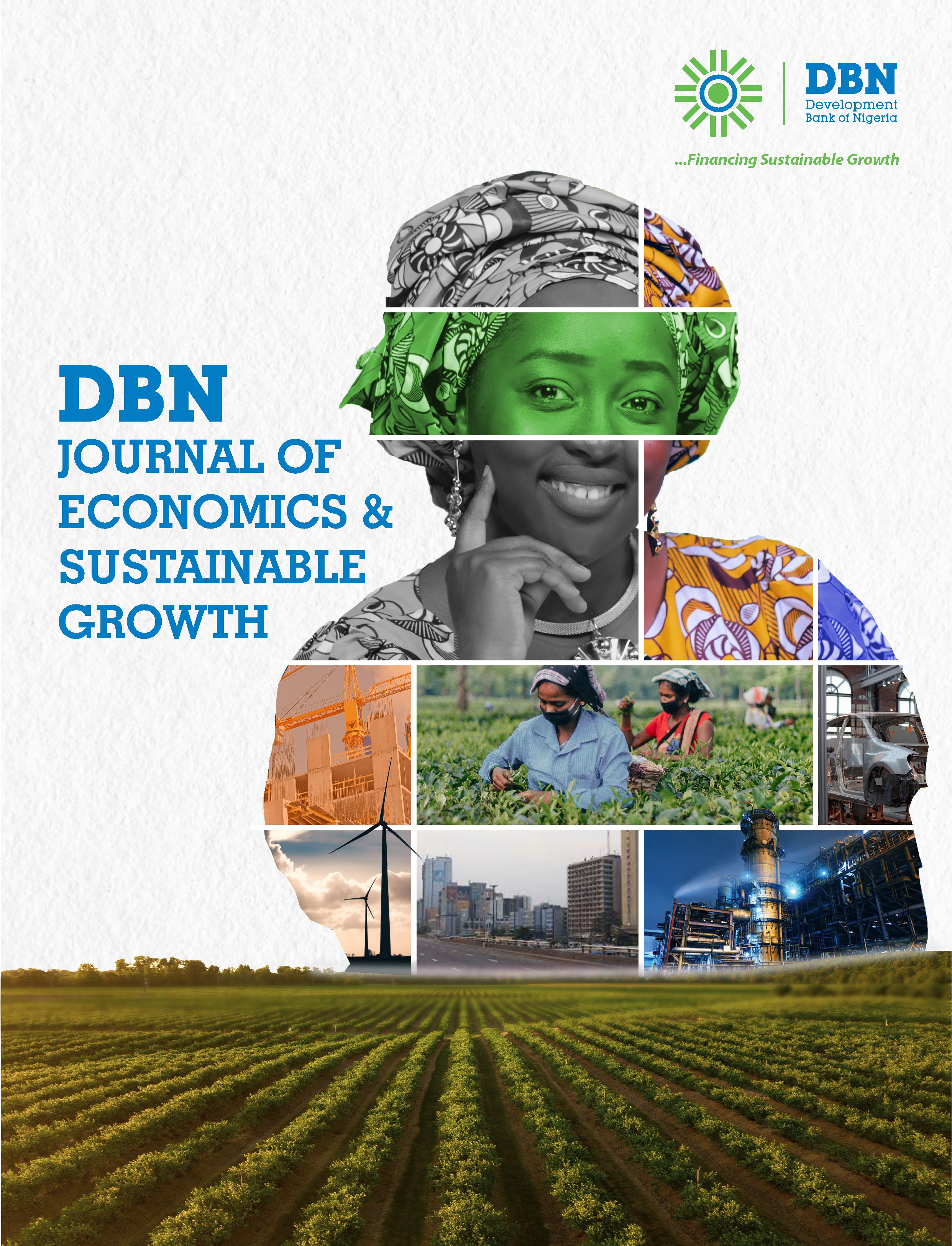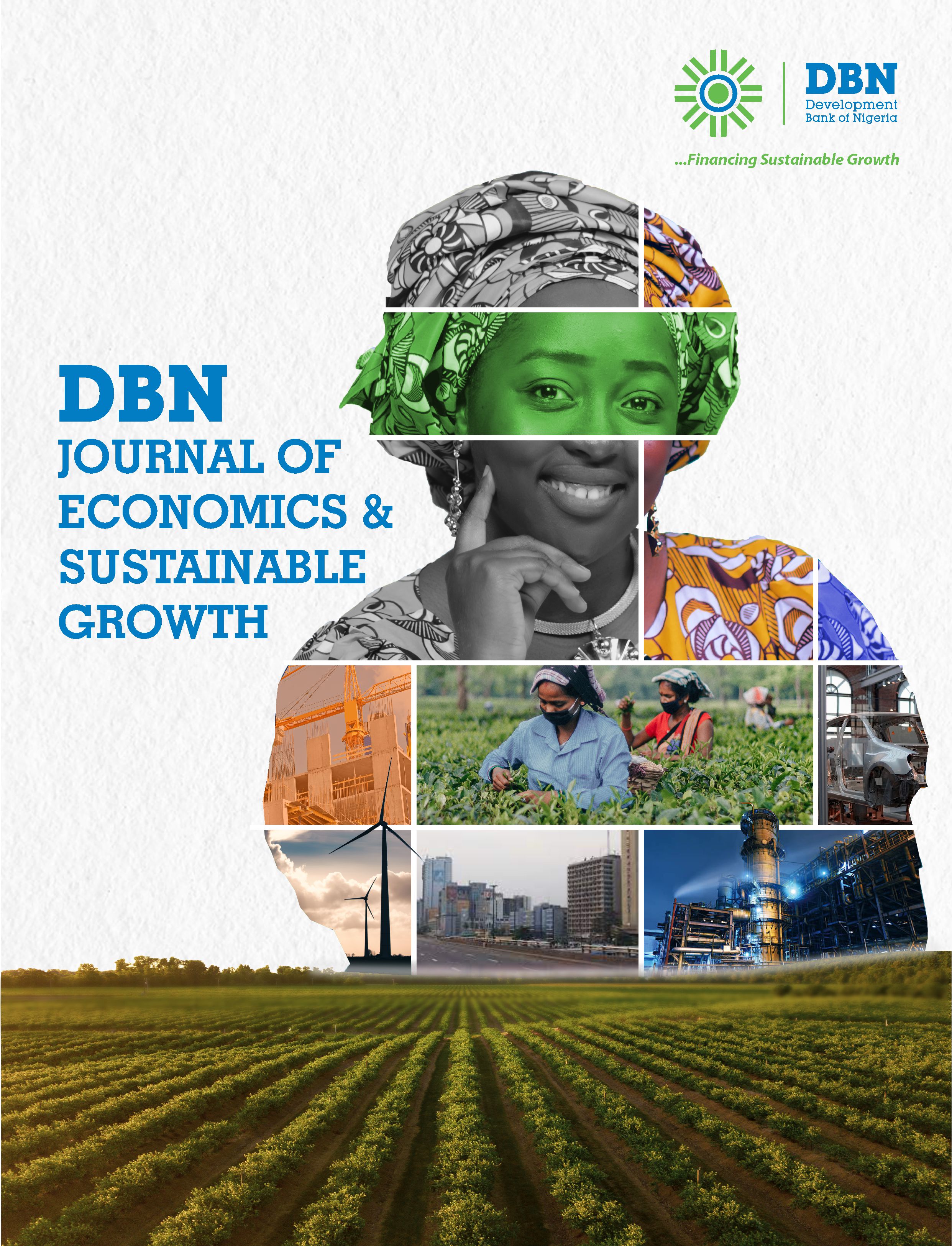
Publication Information
Published by: Admin
Published: 2 years ago
View: 265
Pages: 27
ISBN:
Abstract
This study examines the effect of ICT on tax revenue mobilisation in 23 sub-Saharan African countries between 2000 and 2020. To address our objectives, it utilises a feasible generalised least squares approach that accounts for both heteroscedasticity and autocorrelation challenges. Particularly, six measures of ICT (import of ICT goods, export of ICT goods, ICT trade, internet penetration, mobile phone penetration, and aggregate ICT index) and six tax measures (total tax, direct tax, indirect tax, taxes on income, profit, and capital gains, taxes on goods and services, and taxes on international trade) are explored in the study. The scatterplot result shows that several countries are characterised by low levels of ICT development and tax revenue mobilisation. From the FGLS estimation, the findings reveal that the import of ICT goods facilitates tax revenue mobilisation, while the export of ICT goods undermines tax revenue collection. However, the overall ICT trade supports tax revenue mobilisation. Additionally, the levels of internet and mobile phone penetrations promote the mobilisation of tax revenue. At the disaggregated level, while importation of ICT goods inadequately enhances direct tax revenue, export of ICT goods has a drag effect on direct tax revenue mobilisation. More so, internet and mobile penetrations majorly amplify direct tax revenue mobilisation in the region. Similarly, the aggregate ICT index promotes direct tax revenue mobilisation. Further evidence reveals that importation of ICT goods, internet and phone penetrations, and the aggregate ICT index magnify mobilisation of tax revenue, whereas exportation of ICT goods and ICT trade inhibit indirect tax revenue mobilisation. On the components of taxes, export of ICT goods, import of ICT goods, and ICT trade are TIPC-retarding, while internet and mobile phone subscriptions enhance both taxes on income, profit and capital gains, as well as taxes on goods and services. From the findings, policies promoting the expansion of ICT infrastructure are urgently needed to boost revenue collection in the region.
Abdulfatai Adekunle Adedeji
Omolola Mary Lipede
Related Publications

VOLUME 5 ISSUE 3 2023
Sectoral FDI, Financial Development and Economic Growth in Nigeria

VOLUME 5 ISSUE 3 2023
Household Finance: Portfolio Decision Models And Financing Decisions

